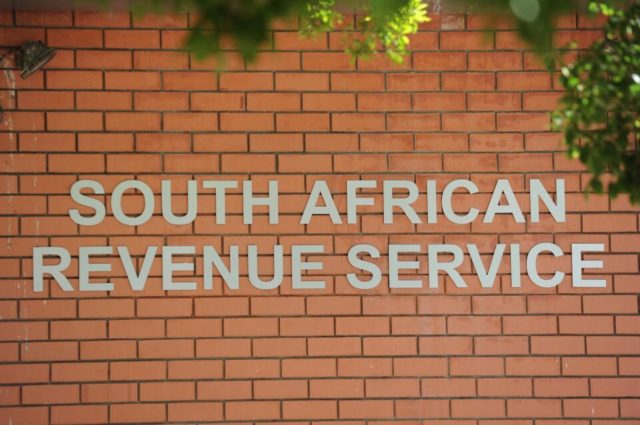“You should submit a return because there’s a good chance you’ll get some money back from the Receiver.”
TAX RETURN season is almost upon us again: As of July 1, South Africans can complete their tax returns for the year to the end of February 2021 and, hopefully, claim some money back from the South African Revenue Service (Sars).
“For the average income earner it’s quite a simple process,” says Brett Mackay, Investment Consultant at 10X Investments, “and one that is definitely worthwhile.”
“You should submit a return because there’s a good chance you’ll get some money back from the Receiver,” he says. “You will almost certainly get some of the tax you paid returned if you put some additional money towards your retirement fund during the most recent tax period of 1 March 2020 to 28 February 2021.”
Being repaid the tax you would normally pay on earnings you put towards your retirement is the government’s way of saying thank you for taking care of your financial well-being for your retirement, and not being a burden on the state or your family and friends. If you save for retirement through recognised retirement savings products, including retirement annuities, you earn cash back from Sars, i.e. get the taxman to help you to save for retirement.
Mackay explains that individual taxpayers can claim a refund on income tax they have paid (as PAYE deducted from their salary) up to a maximum of 27.5% of their taxable income, with a cap of R350,000 per tax year.
He explains: if your annual income is R360,000 (R30,000 per month) you could expect to pay income tax of R63,492 (or R5,291 a month). Should you contribute 10% of your salary a year (R36,000, i.e. R3,000 a month) to your pension fund your income tax bill will be calculated on the smaller total i.e. R360,000 less the R36,000 contributed towards your retirement = R324,000. Income tax on this lower total (R324,000) is only R4,418 per month, instead of R5,291 a month.
“You can make things even better for yourself by contributing additional funds to your RA or pension or provident fund, either by increasing your regular contributions or making occasional lump sum deposits when you can,” says Mackay.
“[Using the example above] Say you save an additional R2,000 per month by way of a debit order into a retirement annuity, your taxable income for the year would drop to R300,000 – the R24,000 saved into the retirement annuity is deducted from the R324,000. This is a great way to further save and lower your taxable income.”
Some retirement savers will take any tax refund they receive and invest it in their retirement savings fund, thereby increasing next year’s tax refund further. “By reinvesting any retirement-related refund every year, retirement funds become the gift that keeps on giving,” says Mackay.
He adds that lump sum payments into a retirement annuity will have the same effect as additional monthly contributions.
“So, if your tax return shows that you are due a refund from Sars this year, consider depositing the refund into your retirement annuity. That way, your taxable income for the next tax year will be reduced.
“A tax refund is not usually money you would have been expecting to receive. Don’t be tempted to spend it on things you weren’t even planning to buy and don’t max out the credit card in anticipation of a refund.”
Instead, he recommends investing it in your retirement annuity, and looking forward to an even bigger refund next year.
He adds that investing a tax refund in your retirement annuity and leaving it there for many years will also mean that it benefits from the effects of compounding. “That refund will grow over the years, with the growth attracting more growth the longer it is invested.”
– PERSONAL FINANCE








